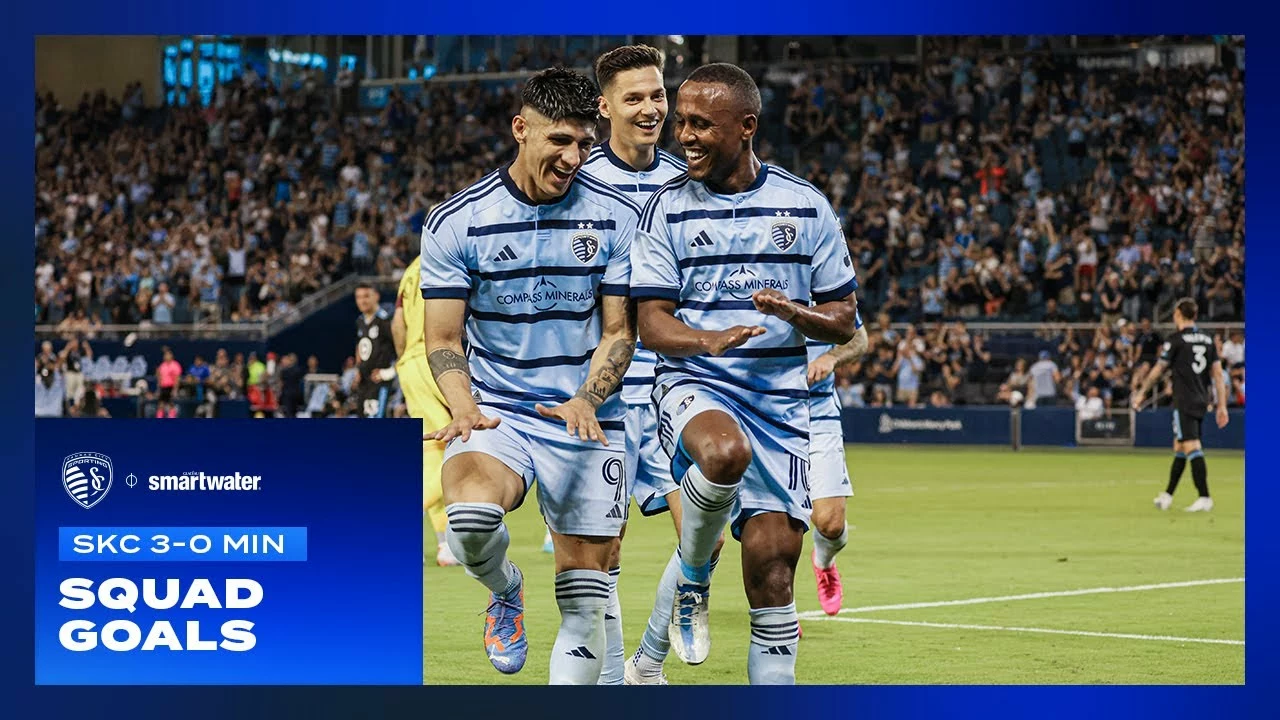Location in Sports: Why Place Matters
When talking about Location, the geographic point where a sporting event is held – be it a stadium, a city park or a regional arena. Also known as venue, it shapes fan experience, team strategy and broadcast value. A Stadium, a purpose‑built structure that hosts matches and concerts is a specific type of sports venue, while a City, the larger urban area that contains multiple locations often supplies the fan base, transport links and media coverage. Here you’ll find everything about Location in sports and how it connects to the games you love.
How Stadiums Define the Game
Every stadium carries its own vibe – the roar at Emirates Stadium, the sea of green at BMO Field, the historic echo of Old Trafford. Those vibes affect player confidence, referee decisions and even ticket pricing. The relationship is simple: Location encompasses Stadium. In other words, a stadium is the physical container that gives a match its atmosphere. When Arsenal plays at the Emirates, the home crowd’s noise level spikes, giving the Gunners a measurable edge. That edge shows up in stats – higher win percentages at home versus away.
Stadiums also need city support. A city provides infrastructure: transport, hotels, police, and local sponsors. This creates the triple: Stadium requires City. Without good public transit, fans stay home; without hotels, visiting teams struggle. Cities like London and Miami invest heavily in stadium upgrades because they know the economic boost from big matches.
Beyond big clubs, smaller venues illustrate the same pattern. A half‑and‑half scarf ban at a London Stadium shows how location policy can influence fan behavior and security. When an organization decides what’s allowed at a venue, it directly shapes the matchday feel.
Because stadiums are fixed, teams often travel to neutral locations for playoffs or special events. This adds another link: Location influences Match Strategy. A team used to a grass pitch might stumble on artificial turf, forcing coaches to tweak tactics.
All these points tie back to why you’ll see many articles on this page discussing specific stadiums, city initiatives, and how location choices impact outcomes.
Now let’s look at the city level. Cities host multiple locations, from core stadiums to training grounds. The broader urban environment can dictate practice site choices, especially in leagues like the NFL where teams hop between facilities. The pattern is clear: City contains Location. When a club moves its training base to a new suburb, fans travel farther, attendance can dip, but the team might gain better facilities.
City policies also affect where matches can be held. Zoning laws, noise ordinances, and public safety rules often decide whether a new arena gets built. That’s why you’ll read about city council votes, stadium naming rights, and community reactions in the posts below.
Another angle is the international scope. MLS clubs playing in Toronto or Miami illustrate how different cities bring distinct cultures to the same sport. A match in Canada feels different from one in Florida because the local fan base, climate and media market change the whole package.
All of this adds up to a web of connections: Location ↔ Stadium ↔ City ↔ Match. The next sections of this page will walk you through real‑world examples – Arsenal vs West Ham at the Emirates, Inter Miami’s draw at BMO Field, and even political shake‑ups that can affect venue funding.
Ready to dive into the stories? Below you’ll find a curated list of posts that unpack each of these relationships in detail, from match odds to fan‑gear bans, from practice‑site logistics to city‑level sports policy. Each article adds a piece to the location puzzle, helping you see how place shapes the sport you love.
Which US cities have all 4 major sports?
Hey there, sports fans! Did you know there are some US cities that are a grand slam when it comes to major sports leagues? A total touchdown of sports fever, if you will! They've got the NFL, NBA, MLB, and NHL all calling them home. Now, I know what you're thinking - who are these overachieving cities? Well, buckle up, because we're talking about Boston, Chicago, Dallas, Denver, Detroit, Miami, New York, Philadelphia, Phoenix, San Francisco, and Washington, D.C. Can you believe it? So pack up your foam fingers, folks, because these cities are the real MVPs!
